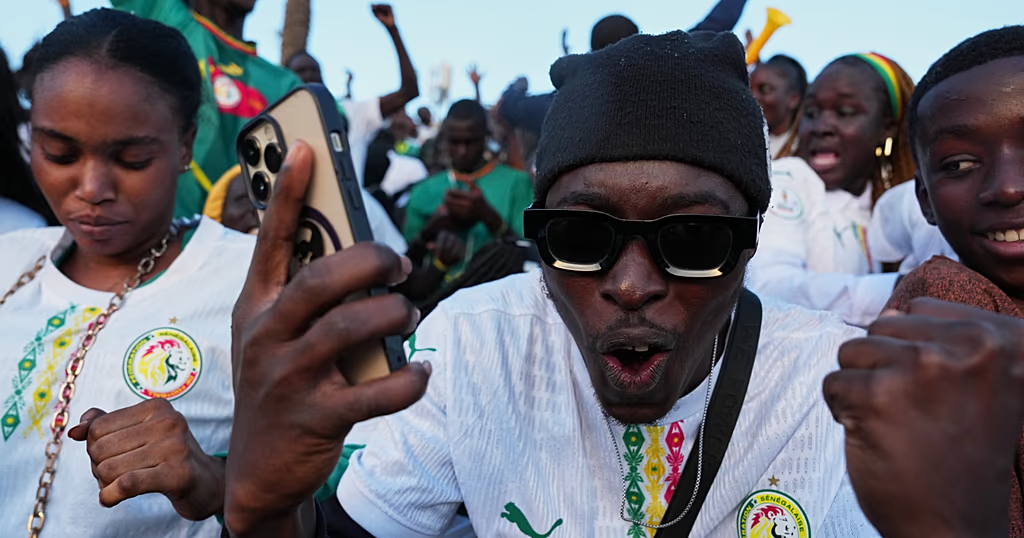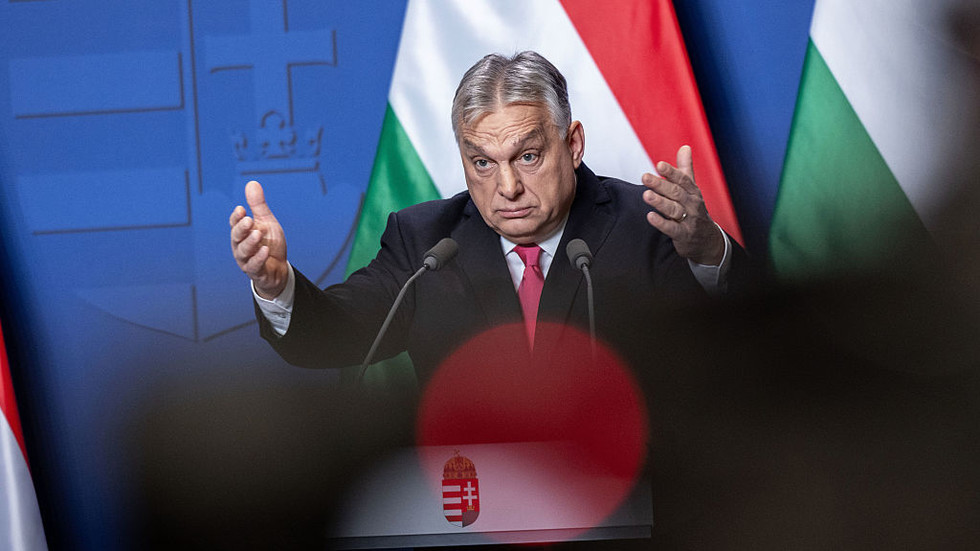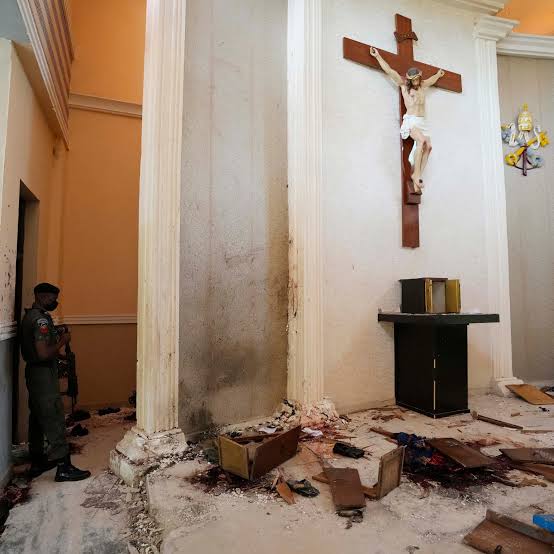Ghali Umar Na’Abba’s recent passing has stirred a medley of emotions across Nigeria. An embodiment of progressive politics, his journey from a privileged upbringing to becoming a stalwart of democracy is a tale that captivates and inspires.
Born into a wealthy family in 1958, Na’Abba defied the norms, carving a path rooted in intellectual radicalism during his time at Ahmadu Bello University. A member of the People’s Redemption Party, he embraced the movement’s call for good governance and transparency in Nigeria’s political landscape.
His entry into mainstream politics with the People’s Democratic Party marked a new chapter. Notably, his bid for the position of Speaker was a testament to his growing influence, culminating in his eventual ascension to the role.
Na’Abba’s tenure as Speaker of the House of Representatives was marked by unwavering commitment to integrity and the independence of each arm of government, setting him on a collision course with President Olusegun Obasanjo. In the face of attempts to undermine democratic principles, Na’Abba and his colleagues stood firm, safeguarding Nigeria’s fledgling democracy.
During this tumultuous period, Na’Abba led the House of Representatives in robust debates, the passage of crucial bills, and the bold assertion of the legislature’s authority. His ability to rally a two-thirds majority for pivotal decisions showcased his leadership and legislative acumen.
Notably, Na’Abba’s defiance extended to mobilizing a significant House majority to overturn the president’s veto on critical bills, demonstrating his unwavering commitment to the democratic process. His role in detailing impeachable offenses against President Obasanjo further emphasizes his fearlessness in confronting power.
Yet, the resilience and strength that characterized Na’Abba’s political journey were met with formidable opposition, culminating in a determined effort to prevent his re-election. The subsequent events underscore the lengths to which the establishment went to hinder his influence, revealing the entrenched interests he challenged.
Following the 2003 elections, Na’Abba retreated from active politics, occasionally offering insightful interventions. Despite enduring a personal tragedy when his home was destroyed due to political allegiances, Na’Abba’s legacy endured, symbolizing the complexities of Nigeria’s political landscape.
In his passing, Na’Abba remains an enduring symbol of Nigeria’s democratic aspirations. As the nation mourns his loss, his legacy of resilience, integrity, and unwavering commitment to democracy lives on. Our heartfelt condolences go out to his family and all those whose lives he touched. May his soul find eternal peace.
In his life and death, Ghali Umar Na’Abba’s impact echoes profoundly, serving as a timeless testament to the ongoing struggle for democracy in Nigeria.



